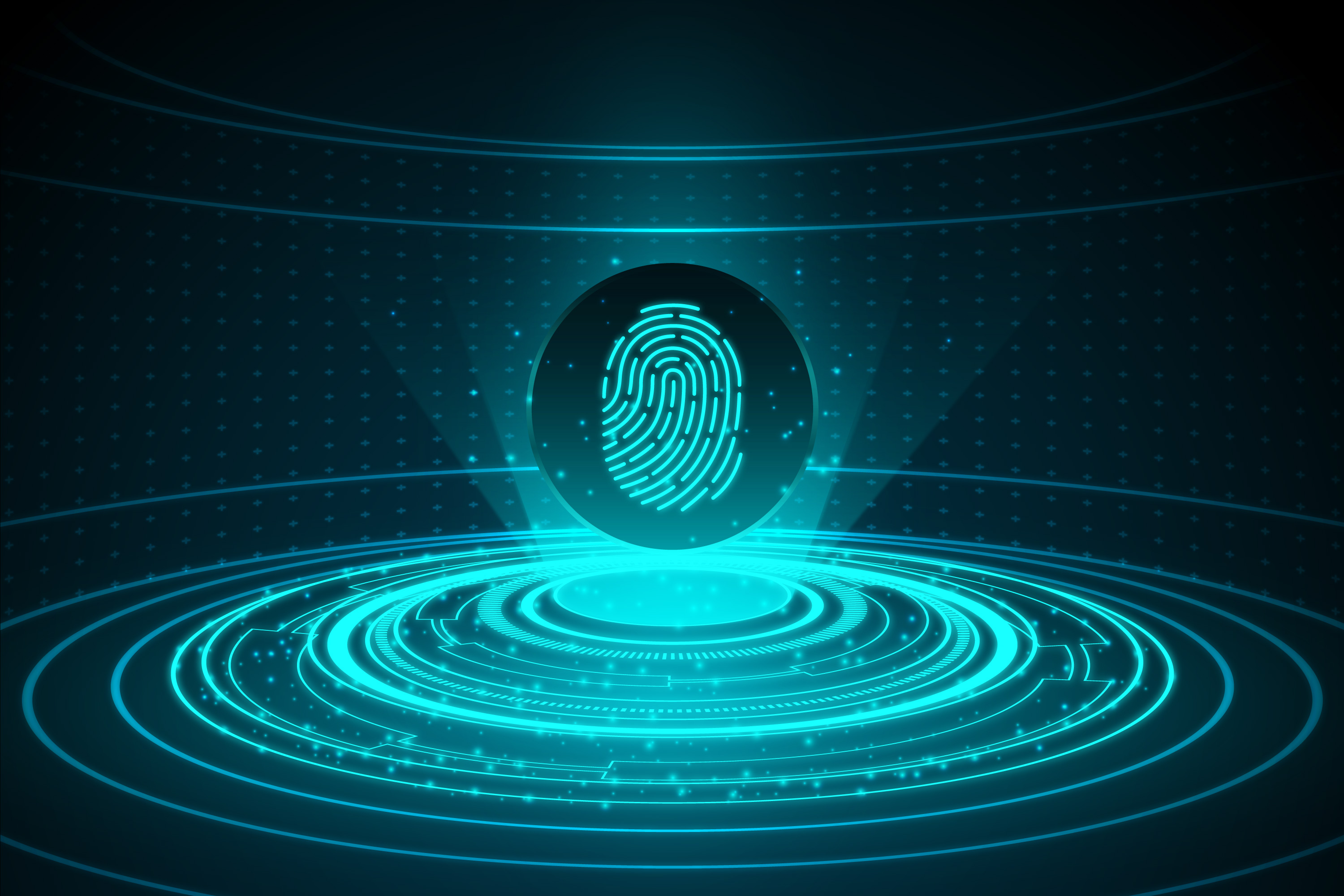The Imperative of Authentication Solutions in B2B SaaS
Date Created: 17 Oct 2023Share:
In today's digital landscape, where data is the new currency and cyber threats loom large, enterprise clients have become prime targets for cyberattacks.

The Imperative of Authentication Solutions in B2B SaaS
In todays digital landscape, where data is the new currency and cyber threats loom large, enterprise clients have become prime targets for cyberattacks. Businesses holding vast amounts of sensitive data, including customer records, financial information, and intellectual property, need robust security measures to safeguard their operations. This is where B2B Software as a Service (SaaS) companies come into play. By offering authentication solutions as a part of their services, B2B SaaS providers can help their enterprise clients fortify their defences against cyber threats and comply with industry regulations. In this 1000-word blog, well delve into the reasons why B2B SaaS companies targeting enterprise clients should integrate authentication solutions into their offerings.
Recognizing the Significance of Authentication
Authentication, the process dedicated to verifying the identity of a user or device, constitutes a fundamental cornerstone of a robust security system. Particularly within the realm of enterprise clients, authentication holds a pivotal position in ensuring the security of sensitive information and the continuity of essential business operations. Lets explore the rationale behind its vital role:
1. Verification of Identity: Authentication solutions enable the rigorous verification of users and devices before granting access to data and applications. This crucial step prevents unauthorized users from infiltrating the organizations sensitive information, reducing the risk of data breaches and unauthorized access.
2. Prevention of Fraud: By promptly detecting and thwarting unauthorized access to accounts and data, authentication solutions are indispensable in the fight against fraud. This encompasses preventing account takeovers, data breaches, and payment fraud, which can have dire financial and reputational consequences for an enterprise.
3. Regulatory Compliance: Many industries have established strict regulations regarding data security and privacy. For instance, the financial sector adheres to the Payment Card Industry Data Security Standard (PCI DSS), which mandates strong authentication for all users with access to credit card data. To do business with such enterprises, compliance with these regulations is non-negotiable.
The Essential Role of Authentication in B2B SaaS
B2B SaaS companies that cater to enterprise clients must recognize the pivotal role that authentication plays in securing the operations of these organizations. Heres why incorporating authentication solutions into their offerings is imperative:
1.Protecting Client Data: B2B SaaS firms bear a fiduciary duty to secure their clients data. Authentication solutions represent the initial barrier against unauthorized access and data breaches, preserving the confidentiality and security of sensitive information.
2. Regulatory Adherence: Different industries are subject to specific regulatory requirements related to data security. B2B SaaS providers must align with these regulations to maintain their clients trust and do business with them. Offering compliance with industry-specific authentication standards is a compelling selling point for B2B SaaS providers.
3. Competitive Advantage: In a crowded marketplace, B2B SaaS companies that can deliver robust security solutions hold a significant competitive advantage. Enterprise clients actively seek SaaS providers that can provide them with the highest level of security. By integrating strong authentication solutions, B2B SaaS companies signal their commitment to safeguarding their clients assets.
Authentication
Solutions for B2B SaaS
B2B SaaS providers have an array of authentication solutions at their disposal to offer their enterprise clients:
1 Single Sign-On (SSO) simplifies user access to multiple applications by enabling login with a single set of credentials, enhancing user-friendliness, and mitigating the risk of password fatigue.
2. Multi-Factor Authentication (MFA): MFA mandates that users provide two or more forms of authentication, such as a password and a code sent to their mobile device. This significantly enhances the security of user accounts, as it becomes much more challenging for malicious actors to compromise them.
3. Risk-Based Authentication: This method leverages various factors, including the users identity, device, and location, to assess the risk of a particular transaction. When a transaction carries a high risk, the user may be prompted to provide additional authentication, adding an extra layer of security.
Choosing the Right Authentication Solution
For B2B SaaS companies aiming to provide authentication solutions, its crucial to carefully consider the unique needs of their enterprise clients:
1. Ease of Use: The chosen authentication solution should be user-friendly, ensuring that it doesnt become a source of frustration for clients and their employees. A seamless and efficient authentication process is a significant part of a successful user experience.
2. Security: Security is non-negotiable. The authentication solution must be able to withstand sophisticated attacks and provide a robust defense against unauthorized access.
3. Scalability: As enterprises grow and evolve, their authentication needs may change. The chosen solution should be scalable to accommodate these changes without causing disruption.
4. Compliance: Ensure that the authentication solution aligns with the regulations relevant to your clients industry. This demonstrates your commitment to compliance and security.
In
conclusion, the integration of authentication solutions is not merely a
value-add for B2B SaaS companies targeting enterprise clients; its a strategic
imperative. By assisting these clients in safeguarding their data, complying
with industry regulations, and gaining a competitive edge, B2B SaaS providers
can solidify their position as trusted partners in the digital age. In a world
where data breaches and cyberattacks are ever-present threats, making security
a core offering is not just a business advantage; its a societal
responsibility.

